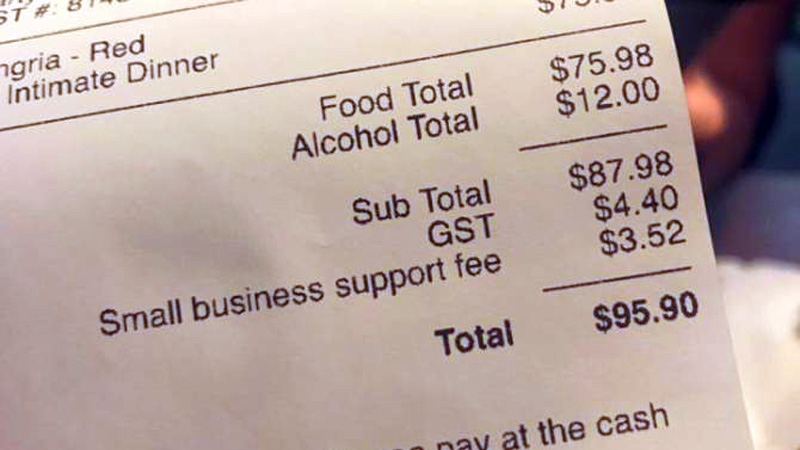
Small business support fee demonstrates how broken the economy truly is
By Andrew Kemle, October 24 2017 —
The Minas Brazilian Steakhouse recently created an optional “small business support fee” on customer purchases. They wanted to show that the business was facing rising costs and that instead of increasing the price of their services, they were searching for alternative avenues to stay profitable.
Chief among these rising costs is labour. On the day that Minas introduced the fee, Alberta’s minimum wage also increased from $12.20 to $13.60 an hour. The fee is clearly a political statement — Minas is saying the provincial government is forcing them to give workers a raise and that they are consequently going to lose money without customers’ help.
However, the problem is that the wage increase is not only necessary, but also overdue. The cost of living in Calgary has so grossly outpaced wage growth that even more economic instability is likely if nothing changes.
Minimum-wage workers’ demographics don’t match up with their stereotype. According to Macleans, nearly 50 per cent of minimum-wage earners are adults, and 60 per cent have education levels greater than or equal to high school. Trying to pay for further education is nearly impossible on a minimum-wage salary.
Any increase in operating costs is going to be felt by small businesses. Restaurants already have to contend with fluctuating material costs, such as the fact that the price of meat increased 16.6 per cent from 2012–2014. Similar fluctuating costs are present for any small business, no matter what product they sell. Despite this, workers have to eat and businesses have to make money.
The typical response to this has been that workers must bear the burden and take a lower wage, even if said wages have been unjustly stagnant for too long. This is the wrong approach. Our economic system is actively hostile to small businesses. It’s not the fault of the government, workers and certainly not consumers — their very existence buoys small business. The problem is that capitalism requires high profit margins in order for businesses to survive and small businesses struggle to generate those margins reliably.
We can’t ask workers to have their wages slashed and we can’t force material costs down, because suppliers are trying to make money as well. A small business can’t solve the problem by willingly taking in less profit during slow years because they lack the reserves of large businesses. This would not be sustainable, so prices must rise in one way or another.
Of course, prices can only increase so much before a business becomes non-competitive, meaning that small businesses face a price ceiling in capitalism. This is further proof that capitalism is inherently broken. Its faulty foundations allow large firms to become oligarchies and small businesses to flop. That likely wasn’t the message Minas intended to send, but it’s a message we should consider.
